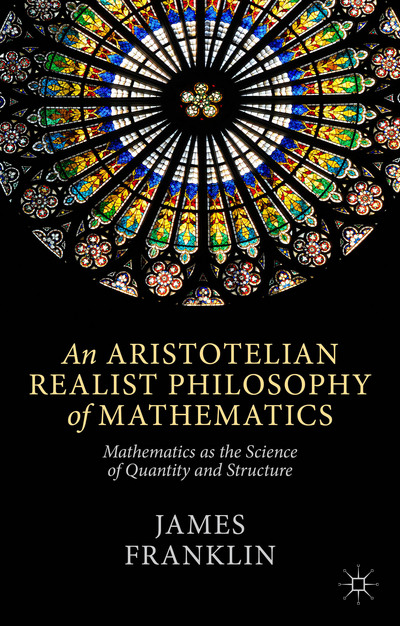Supreme Court of Canada holds that expert opinion is admissible only if the expert is 'independent" and "impartial." But this rule is hedged to accommodate certain "realities" of Canada's adversary system of litigation. See White Burgess Langille Inman v. Abbott and Haliburton Co.
Saturday, May 02, 2015
Monday, April 27, 2015
Wigmore's Influence on Australian Evidence Law
E. & P. 2015, 19(1), 29-51
International Journal of Evidence & Proof
2015
The influence of Professor J.H. Wigmore on evidence law in Australia
Nigel Wilson
© 2015 Vathek Publishing
Subject: Criminal evidence
Keywords: Australia; Children; Competence; Confessions; Legal systems; Propensity; Witnesses
*29 Abstract
Professor John Henry Wigmore (1863-1943) was an immensely significant international jurist. Much has been written about his accomplishments and scholarship and his influence on Anglo-American jurisprudence. His influence on Australian law has also been extensive. It has been his influence upon Australian evidence law and scholarship where his impact has been felt most and where his legacy continues. This article analyses the influence of Wigmore on Australian evidence lawand scholarship over the last century. 2014 marks the 110th anniversary of Wigmore's remarkable Treatise on Evidence, which has had enormous impact on Australian evidence law jurisprudence and scholarship and immense significance in the common law world. Wigmore's enduring legacies in Australia are the pre-eminence and breadth of his scholarship and the clarity, consistency and considered nature of his analysis of evidential principles. It is anticipated that his influence will continue unabated in evidence cases of significance in Australian courts and in evidence law reform and remain a powerful guiding force on Australian evidence scholarship in the 21st century.
Keywords
Australia, courts, evidence, High Court of Australia, Professor J.H. Wigmore
Sunday, April 26, 2015
An Aristotelian Realist Philosophy of Mathematics
An Aristotelian Realist Philosophy of Mathematics
Mathematics as the Science of Quantity and Structure
| ISBN | 9781137400727 |
| Publication Date | April 2014 |
| Formats | Hardcover Ebook (EPUB) Ebook (PDF) |
| Publisher | Palgrave Macmillan |

An Aristotelian Philosophy of Mathematics breaks the impasse between Platonist and nominalist views of mathematics. Neither a study of abstract objects nor a mere language or logic, mathematics is a science of real aspects of the world as much as biology is. For the first time, a philosophy of mathematics puts applied mathematics at the centre. Quantitative aspects of the world such as ratios of heights, and structural ones such as symmetry and continuity, are parts of the physical world and are objects of mathematics. Though some mathematical structures such as infinities may be too big to be realized in fact, all of them are capable of being realized. Informed by the author's background in both philosophy and mathematics, but keeping to simple examples, the book shows how infant perception of patterns is extended by visualization and proof to the vast edifice of modern pure and applied mathematical knowledge.
AN ARISTOTELIAN REALIST PHILOSOPHY OF MATHEMATICS
| ||||||||||||||||||||||||||||||||||||||||||
Subscribe to:
Comments (Atom)








